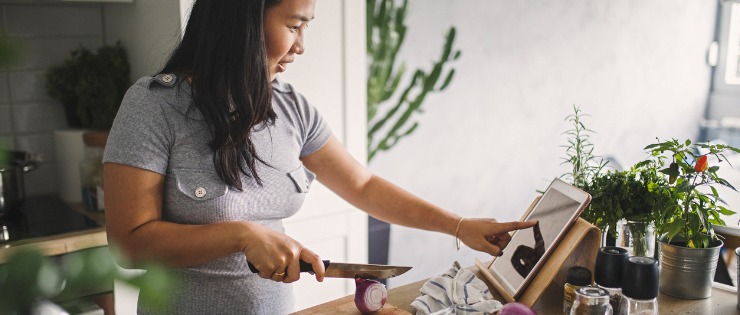
Just the thought of going into lockdown again is enough to cause some people anxiety. Some parts of Australia have spent more time in lockdown than in any other part of the world and many are fatigued. Each lockdown doesn’t get easier. If anything, it can cause more angst. With an uncertain future, there are some things you can do to be mentally prepared in case another lockdown is announced.
What Lockdown Means to You
Depending on your situation, lockdown means different things to different people. For some, lockdown can cause them to be busier than ever. They may be working from home while supervising children with their schoolwork or entertaining toddlers who would usually attend childcare.
For others, lockdown means long, boring days and nights. They may not be considered essential workers so they stay home instead of working and can’t work from home. Those who don’t participate in paid work may usually fill in the week with a busy social life. With all their social events off the calendar, they don’t know what to do to keep busy.
As difficult as lockdown may be, try to find one positive aspect however minor it may be!
Lockdowns & Their Impact on Mental Health
Much has been said about the impact lockdowns have on mental health. A large study in the UK found that population prevalence of clinically significant levels of mental distress rose from 18.9% in 2018–19, to 27.3% in 2020. The increases were greatest in 18–24-year-olds, 25–34-year-olds, women, and those living with young children. But lockdown can be stressful for anyone.
Call volumes to Lifeline, Kids Helpline and Beyond Blue were notably higher in 2021 compared to the same period 12 months prior.
What You Can Do to Maintain Your Mental Health
While your lifestage and living situation can have an impact on your mental health during lockdown, there are some things that everyone can do to prepare themselves mentally in case of another lockdown.
#1 Working from Home
If you find yourself working from home again, try to have some boundaries between work and home life. If possible, finish your working day at the usual time. If you’re working for a study or spare room, close the door for the night to hopefully allow your mind to switch off from work as well. Just because you have extra time, it doesn’t mean you should spend it working.
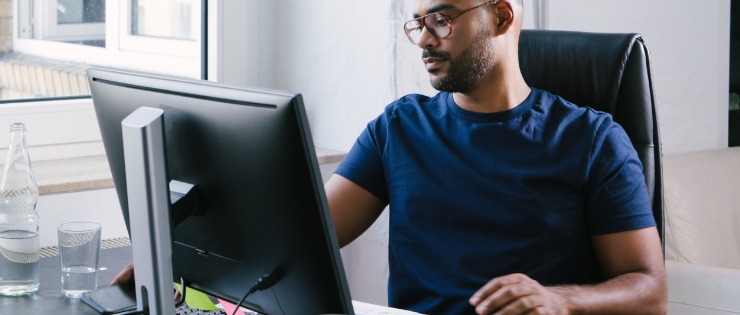
#2 Have Some Projects Around the House Ready to Go
You may have jobs or projects on your list that you haven’t had a chance to do because you’re busy or have procrastinated. Make the next lockdown the time that you tick them off your list.
Organise Your Photos
Photo organisation often gets skipped because it’s a non-urgent task. With many of us no longer printing hard copies of photos, we’re at risk of losing our precious memories. Spend time making sure you download photos off all your cameras and phones then save another copy in a different source, just in case the originals are lost or stolen.
If you like the idea of having printed copies of photos that the kids or grandkids can look through, consider making a photobook. A thin photo book takes little space compared to a thick photo album or box of photos. Use the extra free time you have during lockdown to get your photos in order and laid out in photo books. You could take your photos, put them into chronological order with captions for posterity. These time consuming but satisfying projects are perfect for lockdown.
Prepare a To-Do List
Being stuck at home is the perfect time to make the house function a little better for the whole family. Getting organised during the quiet time of lockdown can pay dividends during the busy days after. Have a list ready of all the little (and big) jobs you want to tackle around the house.
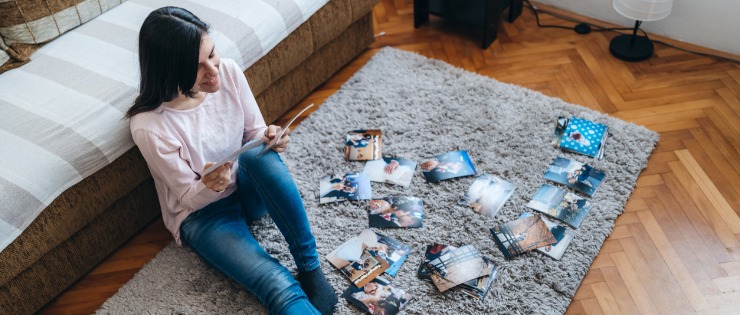
Menu Planning
If you don’t already, start menu planning. Find a weekly menu plan online or design your own then write out the main meals you intend to eat over the next week. Menu plans take away the stress of deciding what to eat each night and mean you only buy the food you’ll need during the weekly shop.
Try Some New Recipes
The urge to bake bread may have passed after the first lockdown, but now is a great time to try recipes that may take longer than you usually have after your commute from work. Set up a shopping list of ingredients for popular family meals so you can quickly order online or in-store when life returns to normal and you have limited shopping and cooking time.
Cleaning
Cleaning might not be enjoyable, but if having a clean home is satisfying for you, why not devote a little extra time to spring cleaning the house? Doing the little jobs you don’t usually have time for can give you a sense of achievement. If you prefer the idea of planning rather than doing, set up a schedule for the chores you’ll do on which days of the week and note them down. Decide if you prefer a paper or digital schedule system.
Decluttering
It takes time, as well as physical and mental energy to declutter areas of our home that have become a bit unruly. Now that you aren’t out and about, it’s the perfect time to get stuck in. Find homes for all objects so you’re less likely to have piles of papers or objects around the house. Clean out what you don’t need or love so there’s less stuff to deal with and clean around.
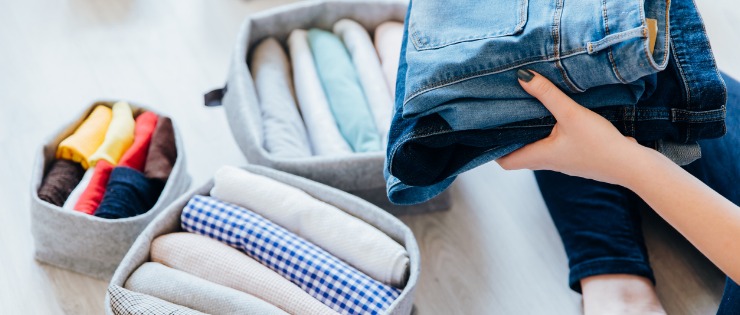
Gardening
With the weather improving heading into summer, lockdown is perfect for getting jobs done outside the house. If there's a spot in the garden that could do with a spruce up, do some research on ideal plants. Even if you can’t get to your local nursery, you can decide what plants you will buy and where they’ll go.
#3 Planning Future Holidays
If you have time to kill, there's nothing wrong with spending time doing some research on holiday destinations. You may have a place in mind that you want to know more about. Do some more research on attractions, accommodation and getting around. Even if you don’t know when you’ll get there, your research won’t be wasted. File it away for a later time. Much of the fun in travelling is in the planning stage!
Virtual Tours
If you have a computer and internet connection, you can be transported to many destinations around the globe via a virtual tour. During the first wave of the pandemic, many organisations around the world threw open their virtual doors on tours to help keep people entertained at home. Do a Google Search of ‘virtual tours of famous places’ to find some locations that interest you.
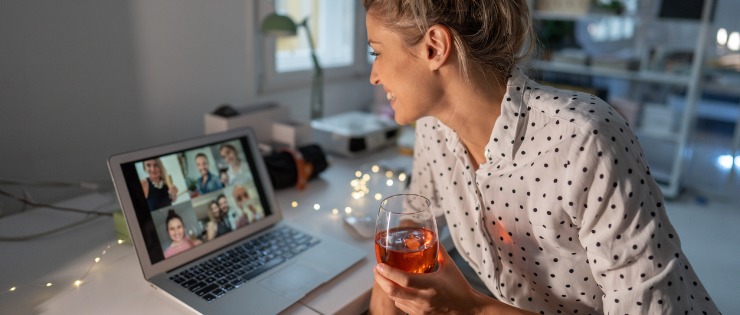
#4 Catch up With Friends Virtually
Staying connected is important for our mental health. Organise a Google Meeting or Zoom call with family or friends to chat and catch-up. Set up a regular meeting time so you have something to look forward to each week.
#5 Don’t Feel Pressure to Be Productive
It might feel like everyone around you is making the most of their lockdown free time. Friends are posting photos of their freshly painted rooms, Instagram-worthy pantries and decluttered studies. It’s important that you don’t feel pressured to do what anyone else is doing. If you feel like bingeing a Netflix series, do that - find something that works for you. Lockdown is the perfect time to catch up on some sleep and spend time with family members.
The most important thing to remember is to look after yourself as best you can during these times. Lockdowns will eventually pass and life will go back to being fairly normal again. Until then, do what you can to look after your mental health.